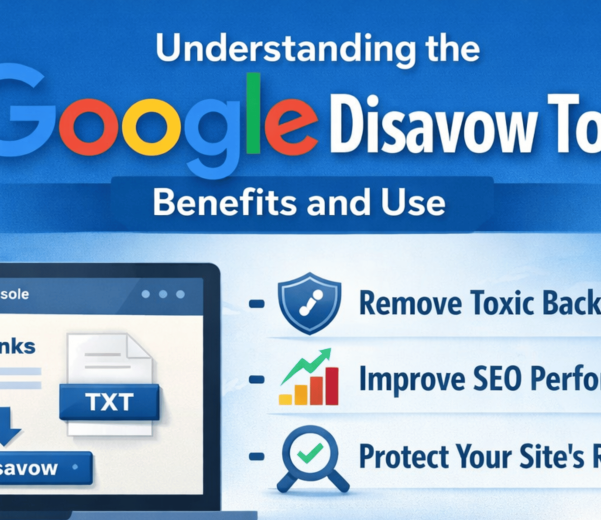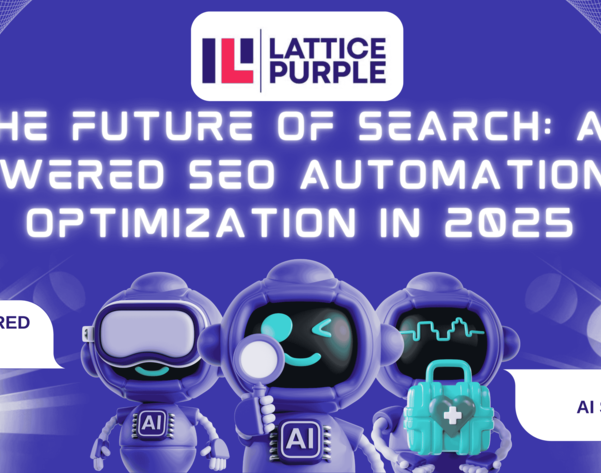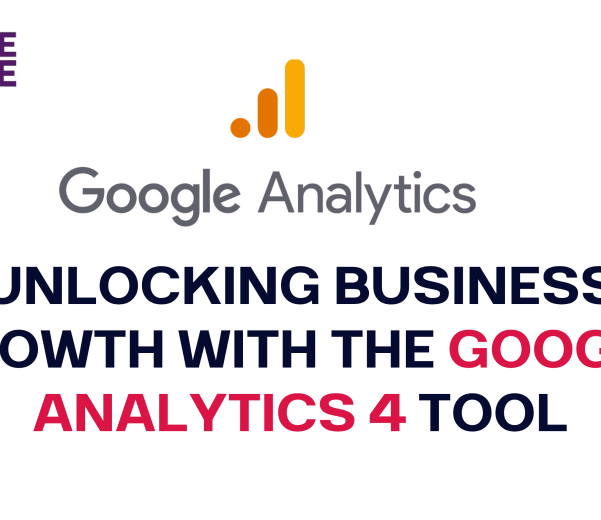The world of search engine optimization is on the brink of a revolution. AI-powered SEO automation is set to redefine how we approach digital marketing. By 2025, AI will handle many SEO tasks, boosting efficiency and precision.
AI SEO automation tools are transforming data analysis. They provide insights that were once out of reach. These tools are not just about saving time. They are about enhancing strategy and creativity.
AI-powered SEO visibility tools are crucial. They help identify trends and patterns in user behavior. This enhances content strategy and user engagement. The integration of AI in SEO is leading to more dynamic websites.
Machine learning is improving keyword research and content optimization. It predicts search engine algorithm changes, keeping businesses ahead. Personalized search results are becoming more common. AI tailors content to individual preferences.
Voice search optimization is gaining importance. AI tools help optimize content for voice queries. The future of SEO will blend human creativity with AI efficiency. This is the dawn of a new era in digital marketing.
The Evolution of SEO: From Manual to AI-Powered Automation
SEO has evolved significantly since its early days. Initially, it relied heavily on manual practices. SEO experts would painstakingly optimize website content by hand.
Keyword research and link building required a lot of effort. Manual analysis of competitors and trends was commonplace. It was labor-intensive and often prone to human error.
As technology advanced, SEO tools emerged to simplify these tasks. Automation started with basic tools that handled repetitive tasks. But they lacked the sophistication of today’s AI-driven solutions.
AI-powered SEO tools are now the norm. They bring numerous benefits to the table. These tools automate data-driven tasks with unprecedented precision.
Key advancements include:
- Automated Data Analysis: AI tools quickly analyze vast datasets.
- Predictive Insights: They forecast trends and algorithm changes.
- Enhanced Personalization: AI improves targeting with audience insights.
AI SEO automation reduces manual workload. It allows professionals to focus on creative and strategic areas. This shift enhances overall effectiveness and efficiency.
The transition to AI in SEO represents a significant milestone. It showcases the power of technology in reshaping industries. Looking ahead, AI promises to further transform SEO practices. As we embrace this new era, the potential for growth and innovation is immense.
What Is AI SEO Automation? Core Concepts Explained
AI SEO Automation transforms traditional SEO processes using artificial intelligence. At its core, it leverages machine learning to improve efficiency.
The tools analyze massive datasets quickly. This ability provides insights human analysts might miss. They help optimize website strategies based on data patterns.
Key components of AI SEO Automation include:
- Data Processing: AI handles large volumes of SEO data swiftly.
- Content Optimization: AI tools suggest improvements for higher relevance and engagement.
- Predictive Analytics: AI forecasts SEO trends and user behavior.
AI SEO tools adjust strategies in real-time. This agility is crucial for staying competitive. As search engine algorithms change, AI adapts efficiently.
Automation minimizes manual effort while maximizing precision. It allows marketers to focus on creative tasks. The integration of AI into SEO processes represents a new phase of digital marketing.
With AI, businesses can achieve better SEO performance. Enhanced visibility and engagement are within reach. The potential for growth and innovation continues to expand.
Key Benefits of AI-Powered SEO Automation in 2025
AI-powered SEO tools are transforming search engine optimization. By 2025, their impact will be profound and widespread. The benefits are numerous and significant.
First, AI brings unmatched efficiency to SEO tasks. It processes large volumes of data faster than humans can. This capability delivers insights that were previously out of reach.
Secondly, AI tools enhance accuracy. They minimize human error in data analysis. This leads to more reliable SEO strategies and improved results.
Another critical benefit is the ability to predict search trends. AI analyzes patterns, providing marketers with foresight. This capability keeps businesses ahead of the competition.
Furthermore, personalized user experiences are on the rise. AI tailors content to individual preferences, improving engagement. These customized strategies enhance user satisfaction and loyalty.
Key benefits of AI-Powered SEO include:
- Efficiency in Data Processing: Swiftly handles large datasets.
- Improved Accuracy: Reduces errors in analysis.
- Trend Prediction: Offers foresight into market shifts.
- Personalization: Enhances user experiences and satisfaction.
Lastly, by automating routine tasks, AI frees up human resources. This allows marketers to focus on strategic planning and creativity. The future of SEO will be shaped by these advancements.
Read Also – What is llms.txt Importance & How to Apply
How AI Is Transforming SEO Visibility and Performance
AI is reshaping how SEO visibility and performance are achieved. This shift involves several advanced techniques and tools. The impacts are far-reaching and game-changing.
AI-powered tools enhance data analysis capabilities. These tools can swiftly identify trends and behavior patterns. Such insights allow marketers to refine their strategies effectively.
Algorithm updates are constant challenges in SEO. AI can anticipate and adapt to these changes. This ability ensures sustained visibility and performance despite algorithmic shifts.
Moreover, AI enhances content relevancy. By employing natural language processing, it evaluates context and semantics. This results in more relevant and engaging content for users.
AI also aids in optimizing for voice searches. With the rise of voice-activated devices, this is critical. AI refines content to align with voice query patterns.
Key transformations in SEO visibility through AI include:
- Enhanced Data Analysis: Quick identification of trends.
- Adaptive to Algorithms: Keeps strategies current.
- Content Relevancy: Utilizes natural language processing.
- Voice Search Optimization: Aligns with voice query demands.
In summary, AI is a cornerstone of modern SEO strategies. Its capabilities significantly uplift visibility and performance metrics. As AI evolves, so too will SEO paradigms.
Top AI SEO Automation Tools to Watch in 2025
As SEO enters 2025, AI-powered tools are set to redefine search engine optimization. These tools provide efficiency, precision, and ease of use. Let’s explore some top picks that will shape the future.
Firstly, SEMrush continues to lead with its AI-powered insights. This tool offers comprehensive site audits and keyword suggestions. Its data-driven approach is invaluable for SEO experts.
Secondly, Ahrefs remains crucial for backlink analysis. With AI enhancements, it predicts linking opportunities. This feature aids in effective link-building strategies.
Moz is another significant tool in the AI SEO landscape. Its AI-driven capabilities improve rank tracking. Moz identifies keyword opportunities, optimizing search visibility.
For content-centric SEO, Surfer SEO is gaining traction. It employs AI to tailor content optimization. This ensures content aligns with top-performing articles in a given niche.
Looking at tools specialized in competitor analysis, SpyFu stands out. Its AI features dissect competitors’ strategies. Users gain insights into competitor keyword use and ad campaigns.
The following tools are essential for on-page SEO optimization:
- Yoast SEO: Enhances readability and keyword density.
- MarketMuse: AI-driven content strategist for topical depth.
- Clearscope: Supports keyword research with relevant terms.
Next, focus shifts to tools automating SEO metrics and reporting. BrightEdge leads with AI to track search performance. It offers real-time updates and dashboard customization.
Screaming Frog is notable for technical SEO audits. Its AI features crawl sites efficiently. This aids in identifying and resolving technical issues promptly.
These tools, integral for 2025, streamline SEO operations. Their AI capabilities foster better decision-making. As the digital landscape evolves, adopting these tools could prove vital.
Here is a recap of standout AI SEO automation tools:
- Semrush: Comprehensive audits.
- Ahrefs: Advanced backlink analysis.
- Moz: AI-driven rank tracking.
- Surfer SEO: Content optimization.
- SpyFu: Competitor analysis.
- BrightEdge: Real-time performance tracking.
- Screaming Frog: Technical site audits.
Staying updated with these tools is crucial. As AI technology progresses, their functionalities are bound to expand. Embracing them ensures a competitive edge in the ever-changing SEO world.
Use Cases: Real-World Applications of AI in SEO
AI’s influence in SEO extends to various practical applications. These examples showcase how AI transforms SEO strategies today.
One notable use is in content creation and optimization. AI tools like Jarvis assist in generating high-quality content. This streamlines the content production process, enhancing efficiency and creativity.
Moreover, AI plays a significant role in personalized user experiences. AI algorithms analyze user behavior data in real-time. This analysis informs personalized content recommendations, driving engagement.
In the realm of keyword research, AI provides powerful insights. Tools like BrightEdge predict emerging keywords. This forward-thinking approach helps businesses stay ahead of trends.
Automation of technical SEO tasks is another crucial use case. AI identifies and resolves errors, such as site performance issues. This ensures websites remain optimized without constant manual checks.
Lastly, AI is instrumental in competitor analysis and strategy. It evaluates competitors’ digital tactics with precision. Companies gain valuable insights into rivals’ keyword use and content strategies.
Key use cases of AI in SEO include:
- Content creation and optimization
- Personalized user experiences
- Keyword research and prediction
- Automation of technical SEO tasks
- Competitor analysis and strategy
These applications highlight AI’s versatility in SEO. Embracing AI-driven solutions offers significant strategic advantages. As technology evolves, more use cases will undoubtedly emerge.
Challenges and Ethical Considerations in AI SEO Automation
As AI transforms SEO, it introduces unique challenges. These challenges span technical, operational, and ethical domains.
A primary technical challenge is data quality and bias. AI systems depend on vast data sets to function. If this data is flawed or biased, it impacts outcomes. Ensuring data integrity is thus crucial.
Operationally, there’s the issue of over-reliance on automation. AI can handle many tasks but lacks human intuition. Excessive reliance might lead to strategic blind spots.
Ethical considerations are equally significant. Privacy concerns are at the forefront. AI’s data collection raises questions about transparency and consent. Balancing efficiency with ethical practices is essential.
Key challenges and ethical concerns include:
- Maintaining data quality and minimizing bias
- Avoiding excessive reliance on AI over human judgment
- Addressing privacy concerns and ensuring data protection
- Balancing automation efficiency with ethical standards
These challenges require thoughtful solutions. Balancing technology and ethics is critical in AI-powered SEO. Navigating these issues is vital for sustainable success.
The Future of SEO: Trends and Predictions for 2025 and Beyond
AI is shaping the future of SEO with rapid technological evolution. Predictive analytics will become more robust, forecasting user behavior trends more accurately. These advancements will enable businesses to tailor their strategies effectively.
Personalized search results are expected to dominate. AI will focus on individual user preferences, crafting more dynamic experiences. This shift will make content customization pivotal to successful SEO strategies.
Voice search optimization will gain even more traction. As smart devices proliferate, content that aligns with conversational queries will become imperative. This evolution requires new methods of content creation and structuring.
Key trends and predictions for 2025 include:
- Enhanced predictive analytics for user behavior
- Increased focus on personalized search experiences
- Greater emphasis on voice search optimization
- Integration of AI across diverse digital platforms
- Advances in natural language processing
The rise of AI will blur lines between SEO and other digital domains. We’ll likely see more integrated AI marketing strategies emerge. These strategies will leverage AI’s ability to connect various digital channels.
The future of SEO is exciting and challenging. It demands agility, creativity, and technical acumen from professionals and businesses alike. Embracing these changes will open new horizons for digital success.
Getting Started: How to Integrate AI SEO Automation Into Your Strategy
Integrating AI SEO automation into your strategy can seem daunting. However, breaking it down into manageable steps simplifies the process. Start by identifying your specific SEO needs and goals.
Begin with researching available AI-powered SEO tools. Look for features like data analysis, keyword research, and performance tracking. Choose tools that align with your objectives and budget.
Next, test selected tools on a small scale. Monitor their performance and effectiveness. This approach helps to understand their potential impact without significant risk.
To ensure a seamless transition, consider the following steps:
- Evaluate and select the right AI SEO tools
- Pilot test tools with measurable outcomes
- Train your team for effective tool usage
- Continuously monitor and adjust your strategy
Training your team is crucial for successful implementation. Ensure they are well-versed with new tools and their functionalities. This preparation maximizes the benefits AI can bring to your SEO efforts.
Finally, regularly review and adjust your strategy. AI tools can automate tasks, but continuous human oversight is vital. Stay adaptable and refine your approach for optimal results.
Read Related – Unlocking Business Growth with Google Analytics 4 Tool
Conclusion: Embracing the AI-Driven SEO Revolution
The AI-driven SEO revolution is reshaping the digital landscape. By embracing AI-powered tools, businesses can elevate their SEO strategies and enhance efficiency. Adapting to these changes is crucial for staying competitive.
Looking ahead, the fusion of AI with SEO promises unprecedented advancements. Integrating these technologies offers not just optimization but also innovation. Those who leverage AI stand to gain a significant edge in an ever-evolving market.




